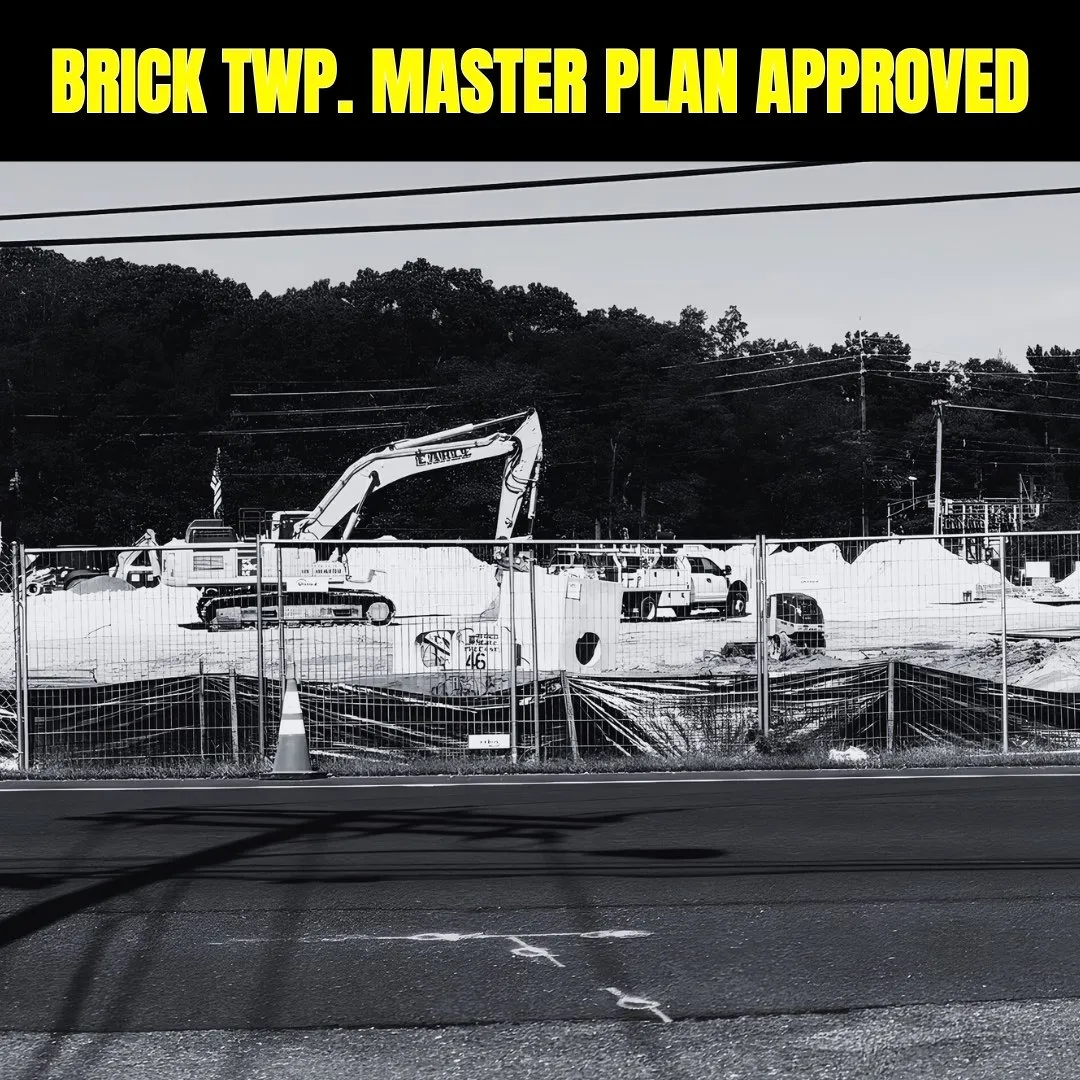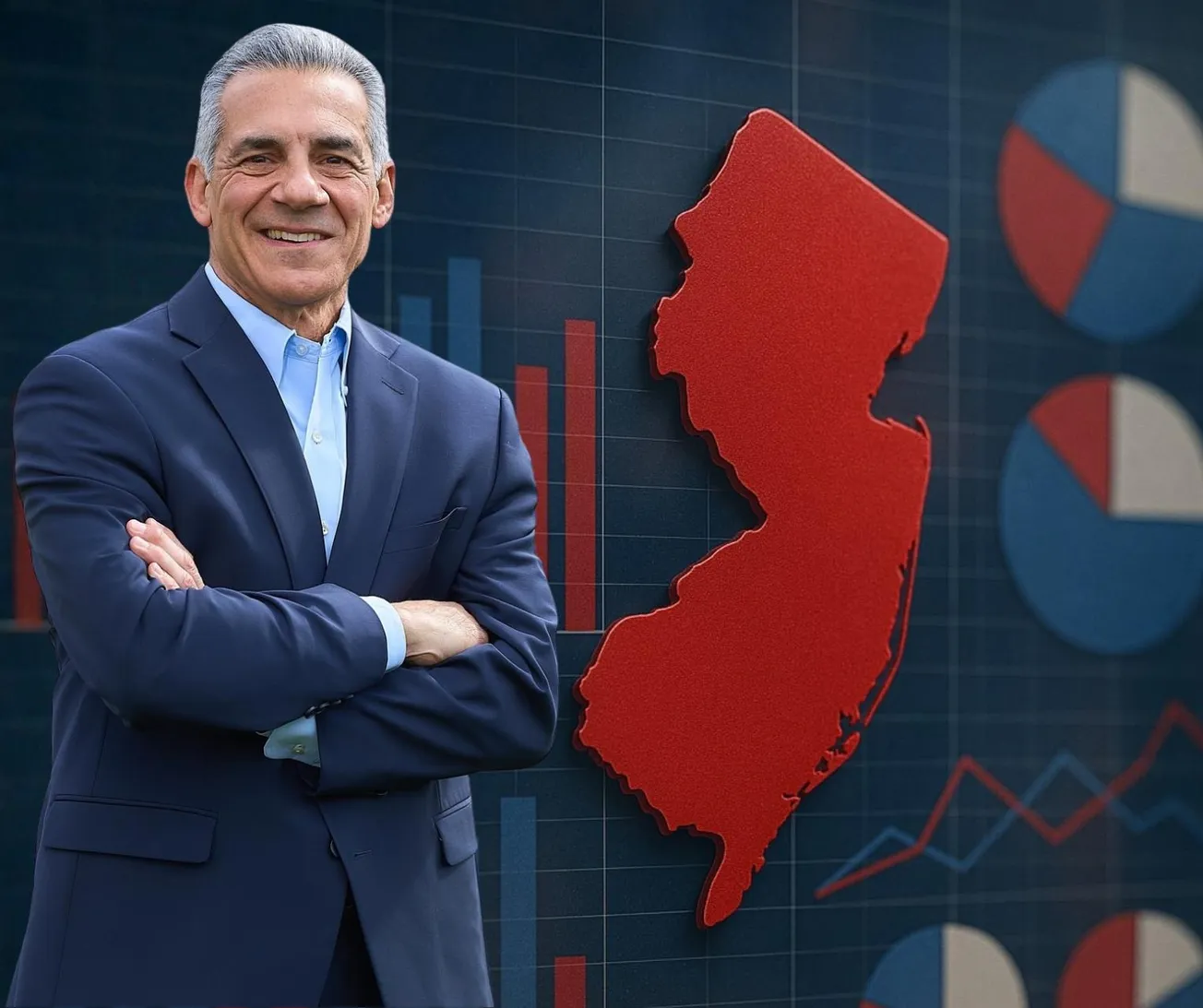A wave of controversy has erupted in New Jersey as Governor Phil Murphy’s Department of Labor and Workforce Development (NJDOL) moves forward with proposed rule changes that could drastically alter how independent contractors, freelancers, and gig workers are classified. The proposal aims to clarify and codify the application of the so-called “ABC test,” a legal standard with significant ramifications for both workers and employers across the Garden State.
What is the ABC Test?
The ABC test, long applied under New Jersey law, presumes that workers are employees unless the hiring entity can show all three of the following:
(A) The worker is free from control over how the job is performed.
(B) The work is performed outside the usual business or physical location.
(C) The worker is engaged in an independently established trade or business.
Failing any part of this test means the individual is considered an employee, entitled to protections such as minimum wage, unemployment benefits, and paid leave.
What Would the Rule Change Do?
The rule does not invent the ABC test, which has been enforced by courts, but it does specify how each part of the test should be interpreted. The goal, says NJDOL, is to clarify employer obligations, reduce the risk of misclassification, and safeguard both employee rights and legitimate self-employment.
Employers argue that codifying these interpretations could make it very hard to classify workers as independent contractors—even in cases where both parties prefer that arrangement. Meanwhile, state officials contend that the rule is necessary to prevent misclassification, which deprives workers of vital benefits and protections.
Why Is This Change So Alarming?
State Republican leaders, including Senator Carmen Amato Jr., Assemblyman Brian Rumpf, and Assemblyman Greg Myhre, have urged the Department of Labor to abandon the proposed rule. In their letter to Commissioner Robert Asaro-Angelo, they cite over 50 letters from constituents warning that enacting N.J.A.C. 12:11 would threaten the livelihoods of hundreds of thousands of independent workers statewide. They point to California’s AB 5 law, which led to massive upheaval and forced carve-outs for certain sectors after tens of thousands of freelancers and gig workers were upended by the strict classification.
What’s Next?
The public comment period on the proposed rule runs through the summer, and both sides are pressing their case. As Commissioner Asaro-Angelo stated, such productive input will be taken seriously for “thoughtful and thorough consideration” by the Department. The debate underscores the tension between worker protections and the flexibility of modern gig work—an issue showing no signs of quietly resolving.






